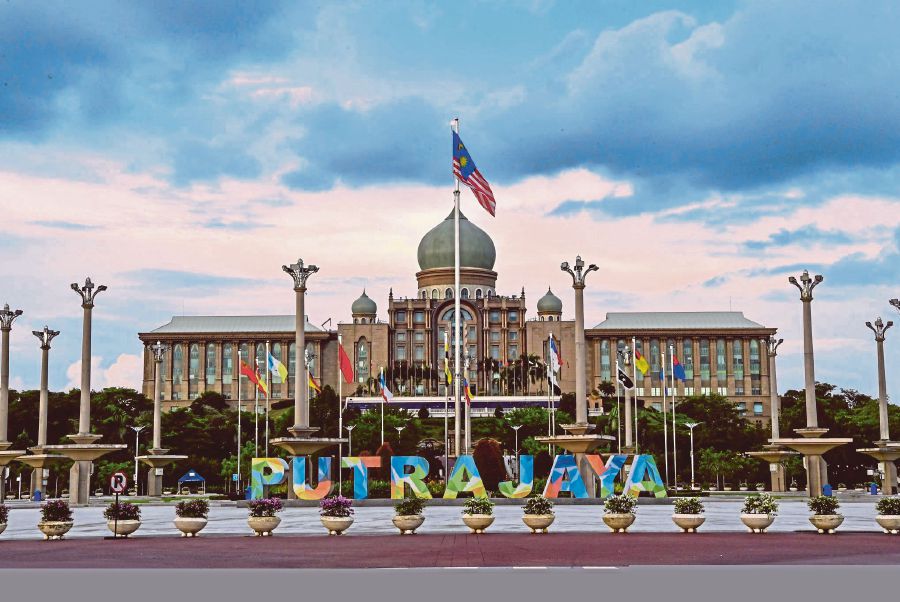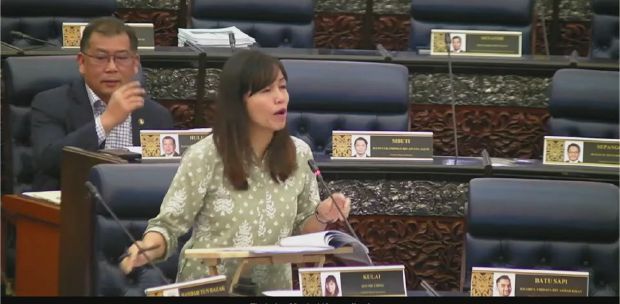WE at the Centre for Human Rights and Advocacy (CENTHRA) know only too well how to distinguish between genuine and false human rights complaints.
Genuine human rights are those which relate to legal violations, such as violent atrocities, torture, extrajudicial killings, unlawful detention and forced disappearance.
Then, there is a latter category of a more interpretational nature often resulting in falsehood, taking the form of complaints about actions which are legal, but ideologically objectionable "for one reason or another".
The latter category deserves serious scrutiny for it at times may seem genuine, but is actually false because it is not made out of genuine concern for the state of human rights, but rather to serve the interests of another entity.
The latest report by Article 19 and Civicus on Malaysia falls squarely in the latter category and, for all its hot air, is completely and unequivocally false and an obvious attempt to serve the interests of those with an axe to grind against Malaysia.
"Rights in Reverse: One year under Perikatan Nasional government in Malaysia" alleges incorrectly that freedom of expression has been repressed, not by the government imposing new restrictive measures but primarily by the government's enforcement of existing laws.
In other words, Article 19 and Civicus object to Malaysia's sovereignty, railing against the Sedition Act of 1948 and the Communications and Multimedia Act (CMA) 1998, claiming they "promote a climate of fear and stifle public discourse" in Malaysia.
However, ever since this current government took power, no charges have been filed against anyone under the Sedition Act, while only 11 out of 66 cited cases related to the CMA led to convictions, and these resulted from the defendants themselves pleading guilty.
The very fact that 66 CMA violations were investigated over a 12-month period belies the claim that Malaysians are afraid to speak their minds, and with a nearly 85 per cent acquittal rate on such cases, they have every reason to feel secure in their freedom of expression. Article 19 and Civicus have produced a report so lacking in substance that it can only be deemed as propaganda.
This report presents an image of the country that no Malaysian could recognise, and reiterates the biased, uninformed views held by neocolonialist actors who believe that non-Westerners are unqualified to rule themselves.
At the end of the day, it is the average Malaysian who suffers as a result of their cavalier attitude towards truth and callous disregard for facts. It is due to this that CENTHRA takes this opportunity to call for new legislation tackling foreign interference within our political, legal as well as economic system, not least because the very idea of human rights for all Malaysians demands that we pursue this step.
Such laws exist in the United States in the form of the Foreign Agents Registration Act, under which hostile foreign press agencies, such as Russia Today, have been ordered to register, and in Russia itself when its regulatory agency, the Federal Service for Supervision of Communications, Information Technology and Mass Media, or Roskomnadzor, has directed the similarly hostile Voice of America to register under similar laws.
Australia is also considering, if it has not already enacted, such legislation to counter the growing threat of China within its borders, while Singapore Second Minister for Home Affairs Josephine Teo mooted this same proposal on March 1, with plans already underway to enact such legislation as soon as the same has been fine-tuned.
If or when genuine human rights abuses occur, or basic freedoms unjustifiably curtailed, they should be exposed by all means but not when foreign organisations with questionable motives create false narratives that deliberately distort facts and push all-too-familiar prejudices that mirror the self-serving propaganda of Western imperialism seeking to undermine our national sovereignty.
They should be noted for what they really are i.e. foreign agents out to subvert Malaysia's sovereignty and sow chaos in local civil society.
The report by Article 19 and Civicus criticising the Perikatan Nasional government, like the similar report earlier by Human Rights Watch, appears to have little appreciation for basic concepts of governance: for example, the rule of law, and is thus a clear indication of the kind of foreign interference new legislation should guard against.
The rule of law does not grant special status to political parties, non-governmental organisations, politicians nor so-called human rights defenders, especially when these latter sort are in fact foreign agents.
The writer is founder, Centre for Human Rights Research&Advocacy (CENTHRA)





